Market Trends
Key Emerging Trends in the North America Adblue Market
The North America AdBlue Market is experiencing some remarkable developments occasioned by ecological regulations, the bid for cleaner emissions as well as the growing embrace of diesel engines with selective catalytic reduction (SCR) technology. A leading trend in this market is a rise in demand for AdBlue, a type of Diesel Exhaust Fluid (DEF), that serves as a key element in SCR systems to lower nitrogen oxide (NOx) emissions. The presence of strict emission standards in North America such as those set by the Environmental Protection Agency (EPA) have seen an increase in usage of SCR technology hence necessitating more use of AdBlue in different sectors like transport, agriculture and construction.
Sustainability, therefore, has been identified as one of the catalysts driving the North America AdBlue Market due to its commitment towards reducing environmental impacts caused by diesel-powered vehicles and machinery. This results to cleaner air through SCR process converting dangerous NOx discharges into nitrogen and water vapor which also ensures compliance with emission regulations. Particularly, automotive industry is experiencing surge in application of AdBlue driven by efforts from manufacturers to meet increasingly stringent emissions standards on diesel vehicles. In North America, major consumers of AdBlue are found within transport sector including heavy-duty trucks, buses and commercial vehicles. With introduction of emissions regulations such as EPA’s Phase 2 Greenhouse Gas Standards that limits carbon dioxide (CO2) release from heavy-duty vehicles there comes need for adherence to them using AdBlue. Therefore fleets and truck owners are increasingly incorporating it into their operations so that they can meet emission standards aimed at supporting sustainable transportation. The agricultural sector is another key user of AdBlue across North America especially among modern agricultural machineries equipped with diesel engines. As they extend to off-road vehicles and equipment; AdBlue has been playing a critical role in reducing NOx exhaust levels on tractors, harvesters and suchlike farm machines. This goes along way with sustainable practices being the agricultural sector’s focus and clean farming. AdBlue usage is being embraced in the construction industries across North America as a way of observing emissions standards for heavy equipment and machinery. The use of AdBlue is critical for meeting emission targets by construction equipment like excavators, bulldozers, loaders which are equipped with SCR technology. In response to environmental concerns being central in construction projects, AdBlue is necessary for minimizing environmental footprints from diesel powered machines. Packaging innovation has been observed as one of the trends in the North America AdBlue Market which is focusing on convenient packaging alternatives that are environmentally friendly. This trend is in line with the sustainability objectives together with a broader shift towards eco-conscious packaging practices within this region. As such, manufacturers are exploring opportunities to enhance efficiency in terms of distributing AdBlue through options such as collapsible containers, stackable containers made from recyclable materials so that they can reduce packaging wastes.


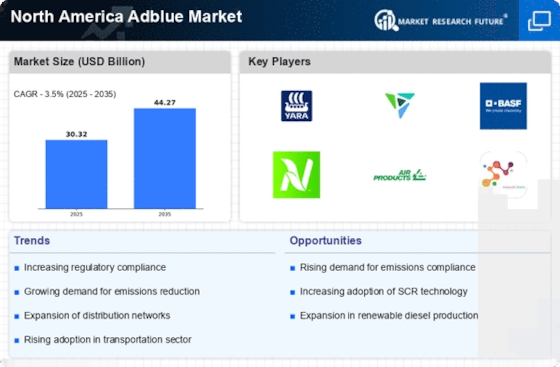
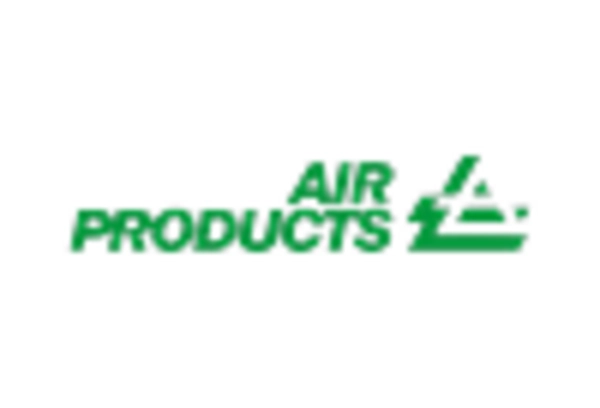


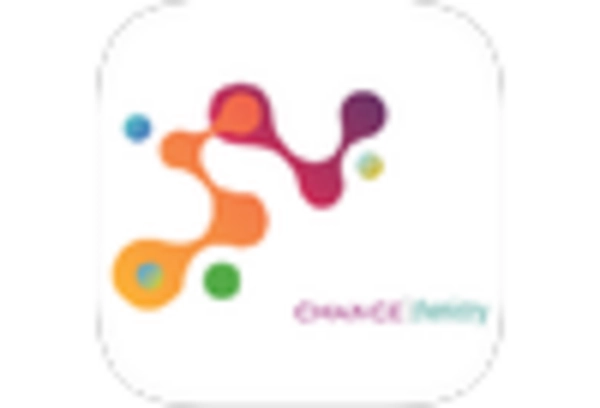
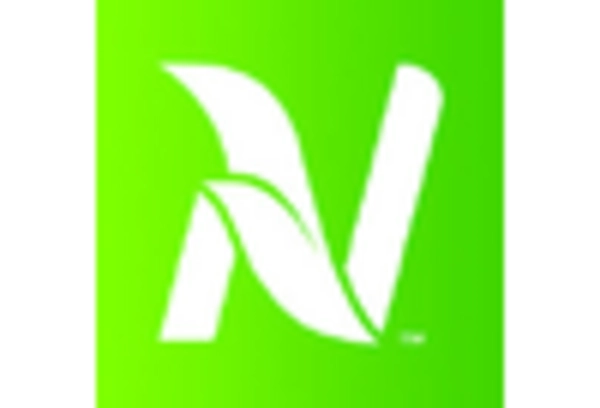
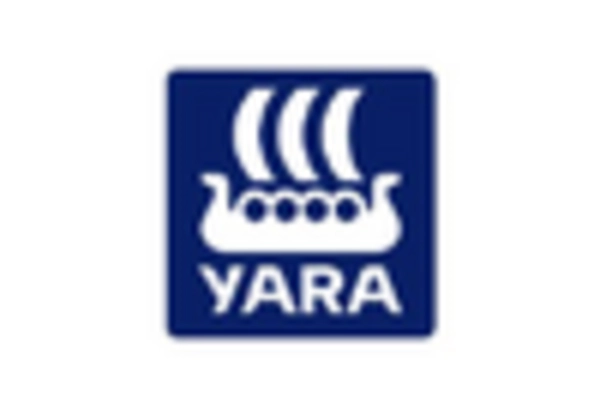










Leave a Comment